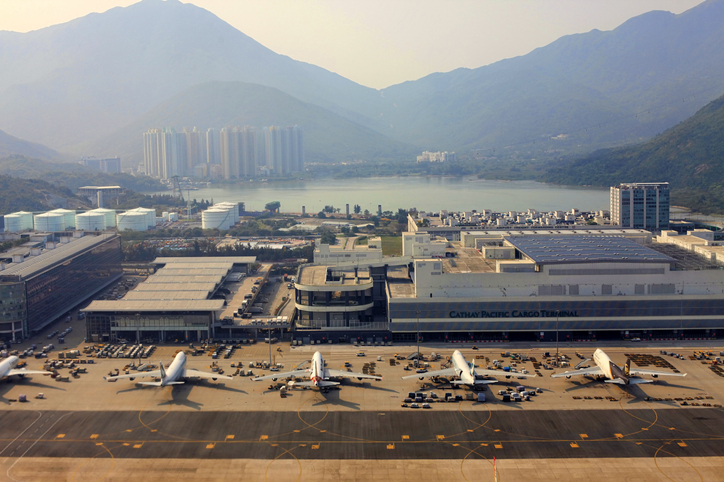Boeing Co’s 737 MAX is unlikely to return to service before August, the head of the International Air Transport Association (IATA) said on Wednesday, adding that the final say on the timing rested with regulators.
The 737 MAX was grounded globally in March after a crash in Ethiopia killed all 157 people on board, the model’s second deadly crash in five months.
“We do not expect something before 10 to 12 weeks in re-entry into service,” IATA Director General Alexandre de Juniac told reporters in Seoul. “But it is not our hands. That is in the hands of regulators.”
IATA plans to organise a summit with airlines, regulators and Boeing in 5 to 7 weeks to discuss what is needed for the 737 MAX to return to service, he said.
Sources have told Reuters that the Federal Aviation Administration (FAA) expects to approve the jet’s return to service as soon as late June.
But airlines will then need to perform maintenance checks on the grounded planes, update the software and train pilots before the jets can fly again.
U.S. operators United Airlines, Southwest Airlines , and American Airlines have removed the planes from their flight schedules until early to mid August.
The airline industry has had a tough six months with fuel, labour and infrastructure costs increasing and trade tensions rising in addition to the 737 MAX grounding, de Juniac said.
IATA’s December forecast for $35.5 billion in industry profits in 2019 is expected to be lowered in an update at its annual meeting in Seoul on June 2.
At an IATA meeting for 737 MAX operators in Montreal last week, airline members said they wanted regulators to cooperate closely on the decision for the plane’s re-entry to service, de Juniac said.
“We hope that they will align their time frame,” he said of regulators.
Europe and Canada have said they would bring back the grounded jets on their own terms if their specific concerns are not addressed.
Boeing Chief Executive Officer Dennis Muilenburg on Wednesday reiterated the planemaker was focused on safely returning the MAX aircraft to service.
Speaking at a Bernstein conference in New York, Muilenburg said the company continues to expect to ramp up its long-term production rate to 57 a month after cutting monthly output to 42 planes in response to the groundings.
“We’re making clear and steady progress, and that includes the work that we’re doing on the airplane update, the software update, working through the certification process with the FAA,” he said.






